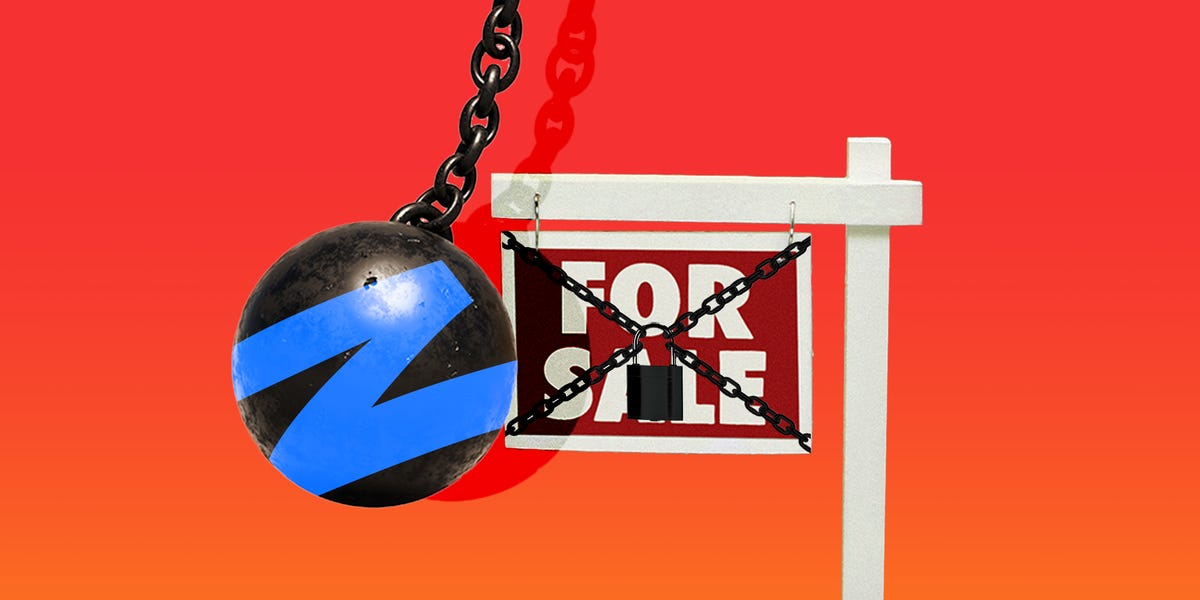T
housands of real estate agents across the US received an unexpected message from Andy Florance, CEO of CoStar Group and Homes.com. The industry has been embroiled in a fight over "exclusive inventory" - homes marketed for sale by agents but kept off public search portals like Homes.com or Realtor.com. However, Florance's email wasn't about complaining about this practice; it was about Zillow.
Two days earlier, Zillow had unveiled a new rule threatening to blacklist scores of homes from its website if they were previewed on other platforms before being shared widely online. This move targeted agents at large brokerages like Compass, which have been hoarding listings and advertising them on their own websites before sharing them publicly. Zillow argued that if you're going to market a home somewhere, it should be available everywhere.
Florance lambasted Zillow's rule as "an incredible move of audacity" and said Homes.com would welcome any listings scorned by Zillow. This is the messy state of play in real estate: with sales stuck in a protracted malaise, agent commissions under pressure, and rules in flux, everyone is scrambling to protect their share of the homebuying pie.
Zillow's declaration has added another twist to the long-simmering dispute over exclusive inventory and hidden home listings. The company is flexing its muscle, presenting agents with a choice: either share your listing with Zillow and others as soon as you stake a sign in the front yard or explain to your client why their home won't appear on the website synonymous with real estate.
Many agents don't bother with exclusive inventory; they add listings to the MLS, which shares information with other agents, brokerages, and big search portals like Zillow. However, some agents opt for "office exclusives" or share listings publicly on their brokerage's website but exclude them from data feeds that share listings with other websites.
Zillow's hardline stance has mobilized support, with at least two big brokerages committing to abide by its policy. However, experts argue that Zillow and Redfin's position could push more home listings into the shadows and appear power-hungry and desperate to preserve their web traffic. "It's not the flex they think it is," says Amanda Orson, founder of Galleon. "It's a tell. Zillow realized that not having all of the inventory available is their Achilles' heel, and they just telegraphed it."
Redfin's CEO Glenn Kelman disagrees, saying the issue is about consumers seeing all homes no matter which website they visit. He proposes creating an option for agents to share listings while preventing websites from showing price drops and days on market.
The new battle will likely cause confusion and frustration for average Americans trying to enter the housing market. Sellers may not know what they're agreeing to, buyers may be forced to scour multiple websites, and even real estate executives are confused about some of this stuff. When confusion runs rampant among regular consumers, it's a sign that government intervention could be on the way.
As emotions run high, experts warn that the fight will get uglier. "There is something larger at stake than just who gets control of the inventory," Kelman says. "It's the US housing market, and we're supposed to all care about that."













